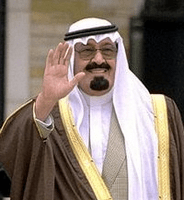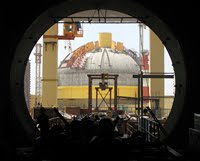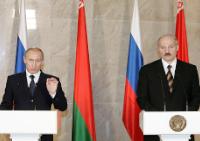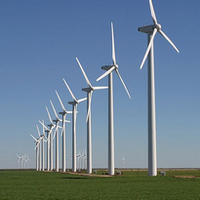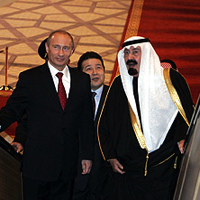
Any hopes that volatile global oil markets would settle has been dispelled by events over the past two weeks: With OPEC unable to agree on a price target at its latest meeting, the International Energy Agency (IEA) decided to release 60 million barrels of strategic reserves. As a result, markets have little idea how to set prices. A 7 percent price drop following the IEA’s actions suggests that the market is trending downward. But while lower prices will be welcome news to consuming countries, the IEA is playing a dangerous game in seeking to influence short-term sentiment by putting more […]



